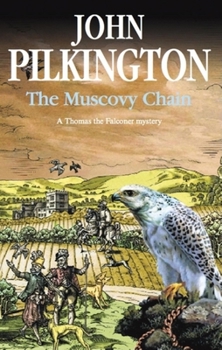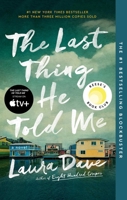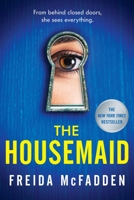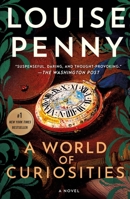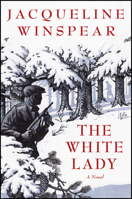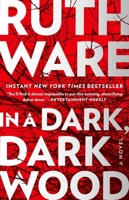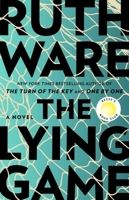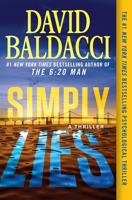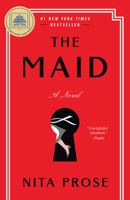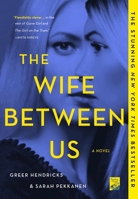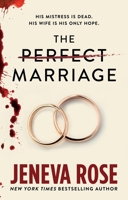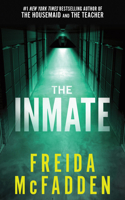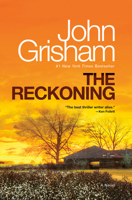The Muscovy Chain
(Book #7 in the Thomas the Falconer Mystery Series)
1596 and Sir Robert Vicary is bullied by the Queen's Council into hosting an important guest, Grigori Stanic, the ambassador of distant Muscovy (Russia). The ambassador is to take home a magnificent gift: a gold chain with a priceless, jewelled pendant. But no sooner has it arrived, than it is stolen.
Format:Hardcover
Language:English
ISBN:0727865439
ISBN13:9780727865434
Release Date:November 2007
Publisher:Severn House
Length:208 Pages
Weight:0.90 lbs.
Dimensions:0.9" x 5.8" x 8.7"
You Might Also Enjoy
Customer Reviews
1 customer rating | 1 review
There are currently no reviews. Be the first to review this work.











